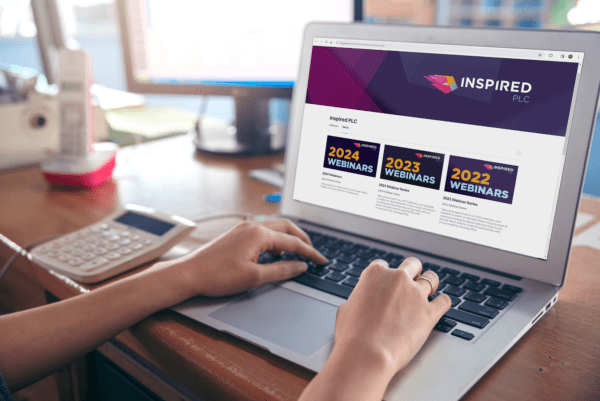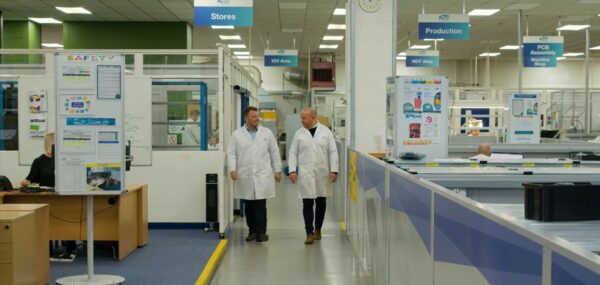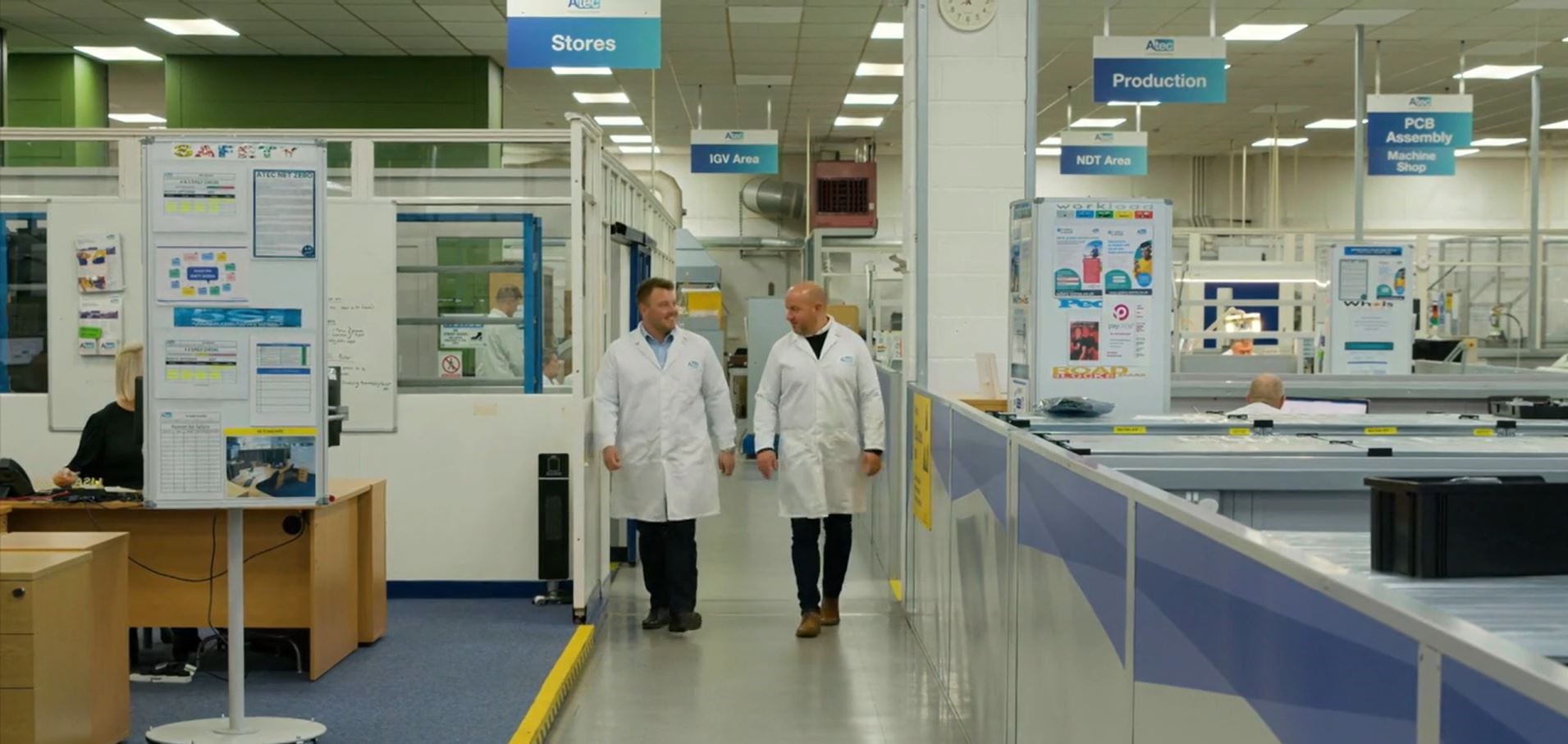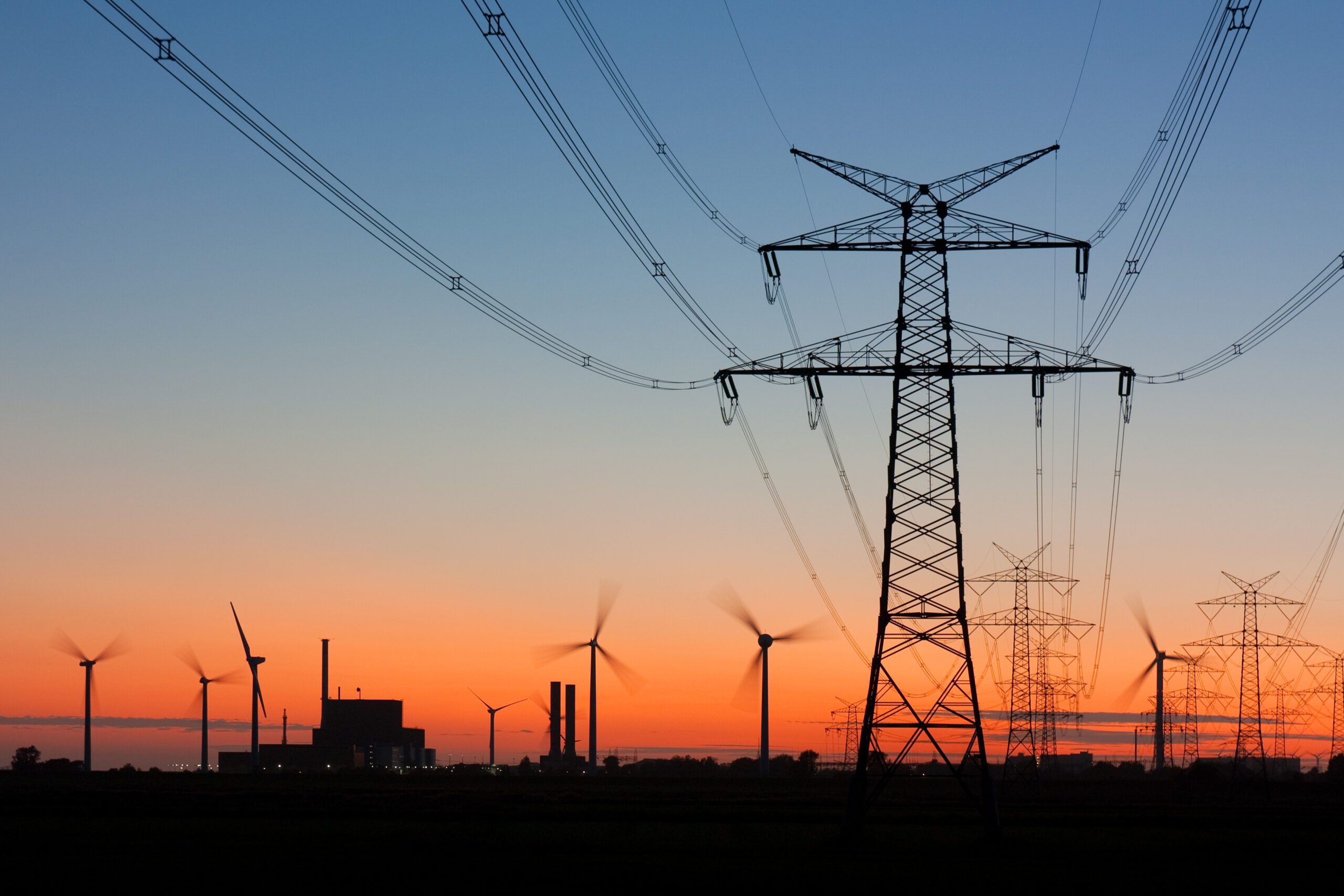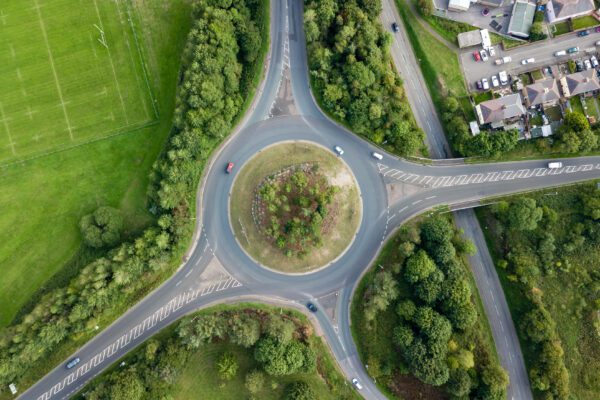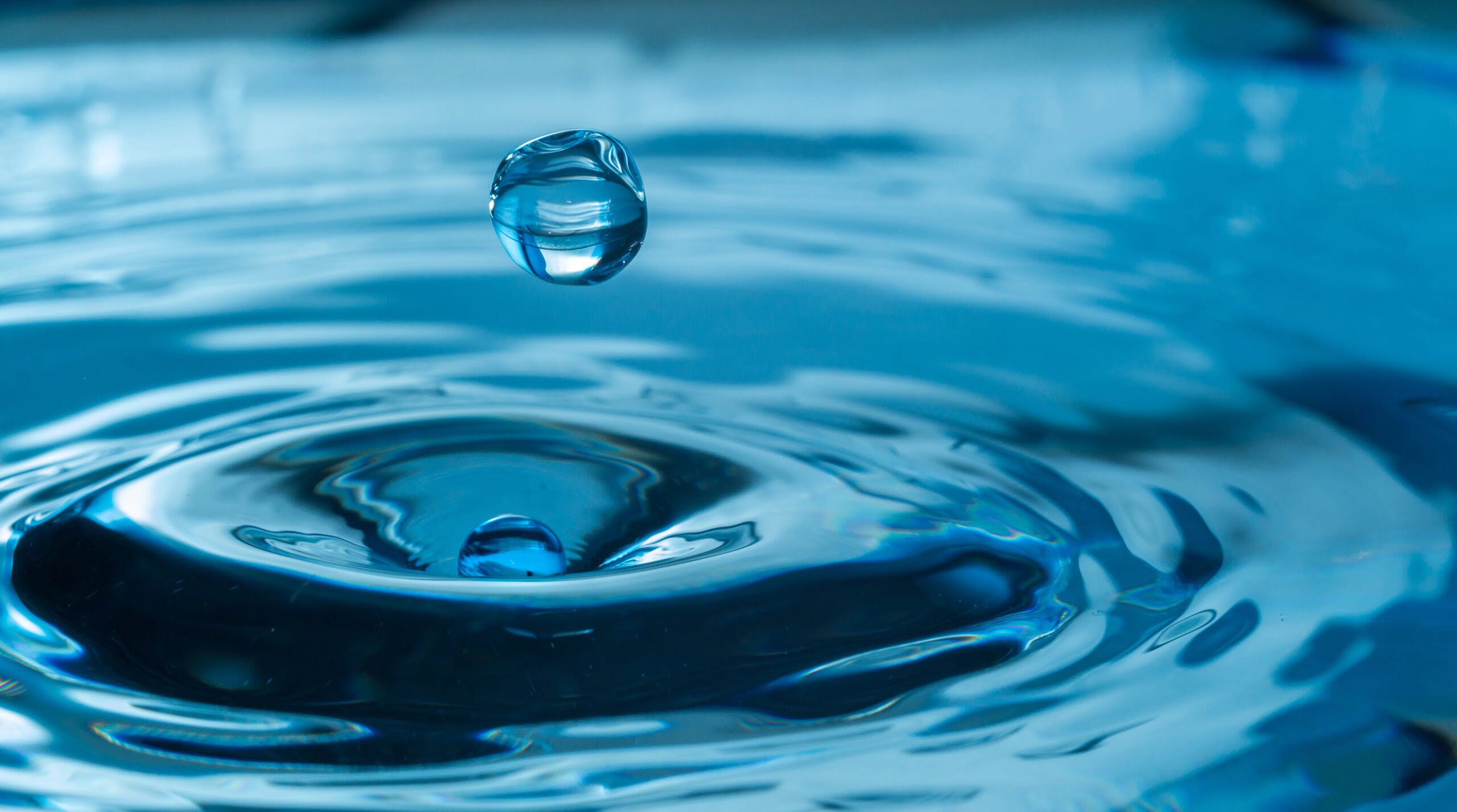
3 billion litres of water is lost to leaks every day in England and Wales – equivalent to 1,180 Olympic swimming pools. This type of water loss can cost your business thousands every year, money which could be better spent elsewhere in your business.
Water is an integral part of every business. However, it can often be overlooked as part of a business’ utility strategy, but there are valuable opportunities to be had with a strong water conservation strategy in place.
The average water consumption for office buildings is 50 litres for each employee, for every working day. For manufacturing businesses, the average water consumption may be much higher.
Amongst the top water consumption industries are:
- Fruit and vegetable farming
- Manufacturing of garments and textiles
- Food and drink production
- Hotels
- Automotive manufacturing
What is a water footprint?
A water footprint is the measurement of the total amount of water consumed to produce goods and services. This can be a combination of the water that goes into the production or manufacturing of a product or services as well as the water used throughout the supply chain.
A business’s water footprint can vary depending on the amount you use as part of your processes and if your team are back in-office, post-pandemic.
How saving water can save you money
Reducing your business’ water footprint can help you reduce consumption and save on costs. Having a solid water management strategy in place can help support your business with preventing any unnecessary costs such as unidentified leaks, as well as monitoring your water network and proactively reducing your water bill.
6 ways to reduce your water consumption
1. Leak detection
Undetected leaks can cost your business thousands and by locating and identifying them you can avoid unnecessary additional costs on your water bill. On-going monitoring of your water usage will enable you to identify leaks and address them much quicker, meaning you save money and valuable resource. Inspired’s Profile Alerts service can offer your business day 1+ data to highlight any excess consumption immediately.
2. Tariff errors
Did you know that 1 in 3 water bills contain errors? Which means you could be unknowingly overpaying on your water tariff. It’s important to take stock of your water bill, particularly with ever-changing tariffs and complex water rate structures. A historical audit can help you identify any previous billing errors and recoup lost costs that you can reinvest back into your business.
3. Water procurement opportunities
Not all businesses take advantage of the open water market to maximise their procurement opportunity. Since the English water market opened in 2017, the uptake from businesses shopping around for their water procurement has increased but there are still lots of businesses missing out.
4. Water-efficient technologies
Installing water-efficient technologies within your business can help you dramatically reduce your water consumption and waste. Technologies such as aerated faucets can help provide a reduced flow, and high-efficiency bathroom fixtures are easy and affordable to install and can help reduce water usage and lower utility bills. Other technologies you can consider are:
- Timers and controls to automate water usage
- Moisture sensors to help avoid waste in green areas by shutting off sprinklers and other irrigation tools when they are not needed
- Water heater insulation
- Turn off cooling units such as some air conditioning units to reduce water and energy
5. Water recycling
Recycling your water can save your business money by using modern grey water systems that take wastewater and recycle it for use in boilers and cooling units, to recovery systems which capture and reuse boiler and steam condensate.
6. Education
Lastly, education is key within your business. Informing your employees of how they can help to reduce water consumption can be key. Teaching small things such as turning off taps when lathering hands and making use of reusable water bottles can all add up.
Follow along with Inspired’s COP26 coverage, including live Q&As on our social media, articles, and coverage of COP26 here.
How Inspired helped Mapeley Estates
Mapeley Estates cover over 10 million ft2 of property and manage over 600 assets in the UK. We reviewed their 245 sites and discovered 70 sites needed additional investigation. We identified a range of issues Mapeley Estates was facing with their water consumption including, wastage, incorrect allowances, and inaccurate rainwater disposal charges.
We were able to support Mapeley Estates to resolve these issues, their wastage was eradicated, charges corrected, and cost levels have been substantially reduced. Refunds were also recovered from rebates of historical incorrect charges.
This resulted in Inspired achieving £317,000 in savings and £583,000 recovered on historical overcharges.

